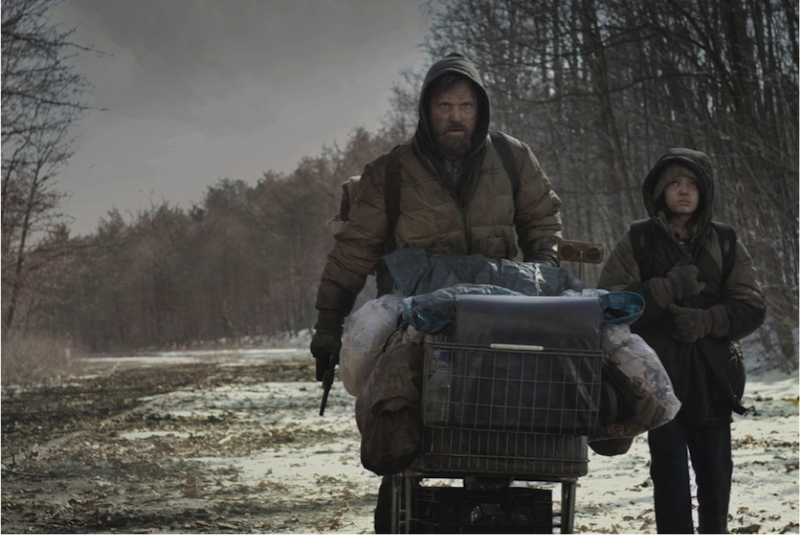The Good Apocalypse
J. MARK BERTRAND
When doomsday literature goes highbrow, you might expect real-life survivalists to cheer. My favorite criticism of Cormac McCarthy’s The Road, however, comes from a popular survivalist forum, where the book and film were taken to task for presenting an apocalypse with “no hope for the future.”
But wait––Isn’t hopelessness the whole point of the apocalypse? Doesn’t the popularity of end-of-the-world stories (whether the end is brought about by zombies, nukes, aliens, or melting ice caps) draw back the curtain on a bleak cultural death wish? If you’re one of those cultural critics always looking to trace our pleasures back to our pathologies, the answer is probably yes. Threatened by the pace of change, powerless to adapt, we find solace in fantasies of apocalypse, misanthropy writ large.
Maybe so.
I’ve always been fascinated by these stories, however, and find them shot through with a perverse optimism. They appeal to people who, for whatever reason, want the end to come. Environmentalists cheer as nature takes out the human trash in The Day After Tomorrow. Social Darwinists cheer as the niceties of so-called civilization are stripped away in favor of survival-of-the-fittest reality. Religious conservatives cheer the punishment of the wicked. After the cataclysm a better––or at any rate, more honest––world emerges. The coming fire, as it destroys, will also cleanse. Once the decadence of the old order is purged, the apocalypse, paradoxically, brings hope. We envision an end of the world which does not encompass our own end.
Survivalists may daydream about living in their own version of 1990s Bosnia or modern-day Syria, but they don’t move to such places, or to Haiti, to live the fantasy. The dream is not to suffer, but rather to live in a world better suited to people like you. It’s important for such dreams that the disaster befall your world, not someone else’s.
The society you want to see destroyed by the good apocalypse is your own.
The greatest apocalypse is that of St John, which has had Christians longing for the world’s end since the inception of the faith. In some ways the anticipation of a final reckoning that persists in our culture seems like a distorted echo of that ancient eschatology, which might explain why hand-in-hand with the orgy of destruction comes a ray of light.
“The end is nigh,” proclaims the street preacher’s placard in so many doomsday films, leaving this question unanswered: the end of what? What Christians long for is not the end of the world but the end of the world under sin. Not an end to existence, but an end to captivity. The rule of sin is creation’s ruin, but the Savior’s reign restores the world.
(Photo is a still from the film The Road)
